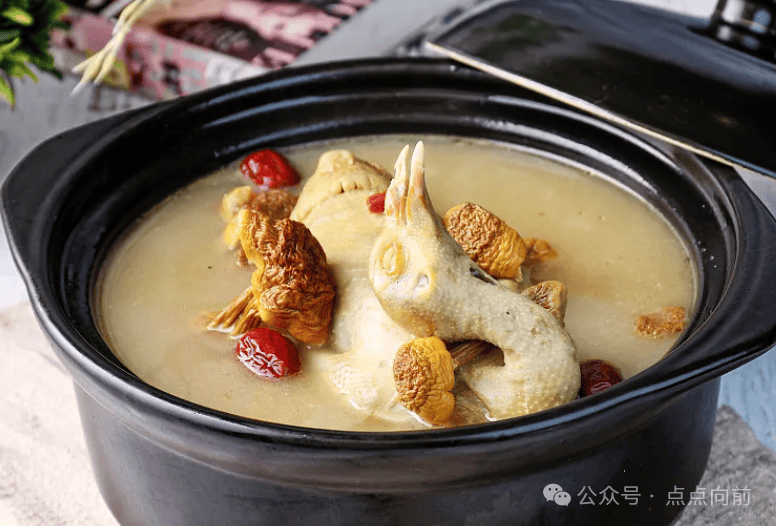Parkinson’s disease, a troublesome degenerative neurological disorder, brings many inconveniences to patients’ lives. However, in addition to conventional treatment methods, diet therapy can also play an unexpected role in improving the condition.
1. Gastrodia and Quail Stew
Ingredients: 10g Gastrodia, 1 quail, 3 slices of ginger.
Instructions: Clean the quail and remove the internal organs, wash and slice the Gastrodia, place them in a stew pot together, add an appropriate amount of water and ginger slices, stew over water for about 2 hours, season to taste.
Effects: Gastrodia has a liver-calming and wind-quelling effect, while quail is rich in protein and various nutrients. This diet therapy helps alleviate the tremor symptoms in Parkinson’s patients.
2. Walnut and Sesame Congee
Ingredients: 30g walnuts, 20g black sesame seeds, 100g glutinous rice.
Instructions: Crush the walnuts and black sesame seeds, cook them as congee with glutinous rice.
Effects: Walnuts and sesame seeds are rich in unsaturated fatty acids, vitamin E, and other nutrients, which have the effects of nourishing the brain, benefiting intelligence, and nourishing the liver and kidneys. It has a certain improvement effect on symptoms such as memory loss and slowed movement in Parkinson’s patients. Just like Grandma Wang, who often forgets things and moves slowly after falling ill, her mental state and agility have significantly improved since she started drinking a bowl of walnut and sesame congee every morning.
3. Goji Berry and Chrysanthemum Drink
Ingredients: 15g goji berries, 10g chrysanthemum flowers.
Instructions: Brew the goji berries and chrysanthemum flowers with boiling water, drink as a tea substitute.
Effects: Goji berries tonify the liver and kidneys, while chrysanthemum flowers clear the liver and brighten the eyes. This drink can alleviate symptoms like blurred vision and dizziness in Parkinson’s patients. Uncle Zhang used to have unclear vision and frequent dizziness, but after drinking goji berry and chrysanthemum drink for a while, these symptoms have improved.
Although diet therapy cannot replace medication, as an auxiliary method, it can help Parkinson’s patients improve their condition and enhance their quality of life to a certain extent. However, since everyone’s physical constitution and condition are different, it is necessary to consult a doctor before consuming diet therapy.


